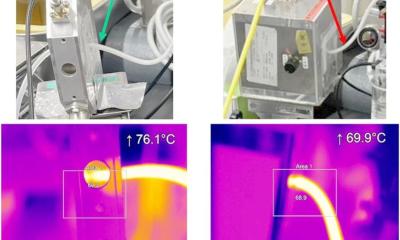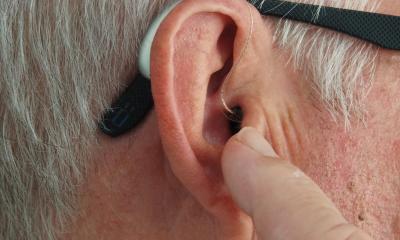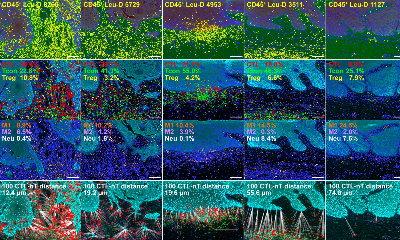Image source: Scott J. Kelly, ISS-46 Cupola module, marked as public domain, more details on Wikimedia Commons
News • Nasal and sinus problems in spaceflight
In space, no one can hear you blow your nose
Sinus and congestion problems are more than just earthly annoyances, according to new research from Houston Methodist. A newly-published study reveals that a staggering 85% of astronauts aboard the International Space Station (ISS) experienced at least one nasal and sinus issue during their mission, which can significantly impact health.
The open-access study was published in Laryngoscope Investigative Otolaryngology.
Led by Dr. Masayoshi Takashima, chair of the Department of Otolaryngology – Head and Neck Surgery at Houston Methodist, the study analyzed 754 medical events from 71 astronauts between 2000-2019. In addition to 85% of astronauts reporting at least one nasal or sinus issue, 75% reported nasal congestion, which Takashima said is a common issue due to the lack of gravity pulling blood and other fluids downward.
Astronauts are typically among the fittest individuals on the planet [...]. Imagine what happens when civilians with preexisting conditions start traveling to space
Masayoshi Takashima
And spacewalks made things worse. The pressure shifts from inside the cabin to the inside of a space suit led to increases in congestion, barotrauma (injuries to the ears or sinuses caused by changes in pressure) and Eustachian tube dysfunction, which can result in ear pain, muffled hearing, a feeling of fullness and other issues,
While the researchers found that astronauts often turned to over-the-counter medications to treat their symptoms, Takashima warned that these drugs may not have the same effects in outer space. He said the study has important implications as human spaceflight – including space tourism – become more prevalent. “Astronauts are typically among the fittest individuals on the planet, yet this study shows that even they experience substantial sinonasal complaints in space,” Takashima said. “Imagine what happens when civilians with preexisting conditions start traveling to space.”
Takashima said preventative measures such as evaluation for nasal and sinus conditions and minor procedures to improve breathing may be needed for future astronauts. He also stressed the importance of future work to identify treatments that work well in space. “This is about maintaining peak performance,” Dr. Takashima said. “If you’re not sleeping well because you can’t breathe, your cognitive function, reaction time and mission performance can suffer, and those things are absolutely critical in space.”
Source: Houston Methodist
10.08.2025





